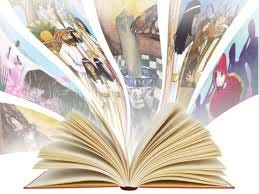Is it Time to Re-Define Genre? The Pulp Perspective on Genre - Mythic & Futuristic in place of Fantasy & Sci-Fi
Or Why I can't change
Musashi once said, ‘To know ten thousand things, know one well.’ He said this in regards to everything, from swordsmanship to gardening, to painting and so on. So it is with fiction. To write good cosmic-horror you must know the basics of ordinary horror, so it is with writing about Kings and Dukes, you must know the basics before wandering too far into…



